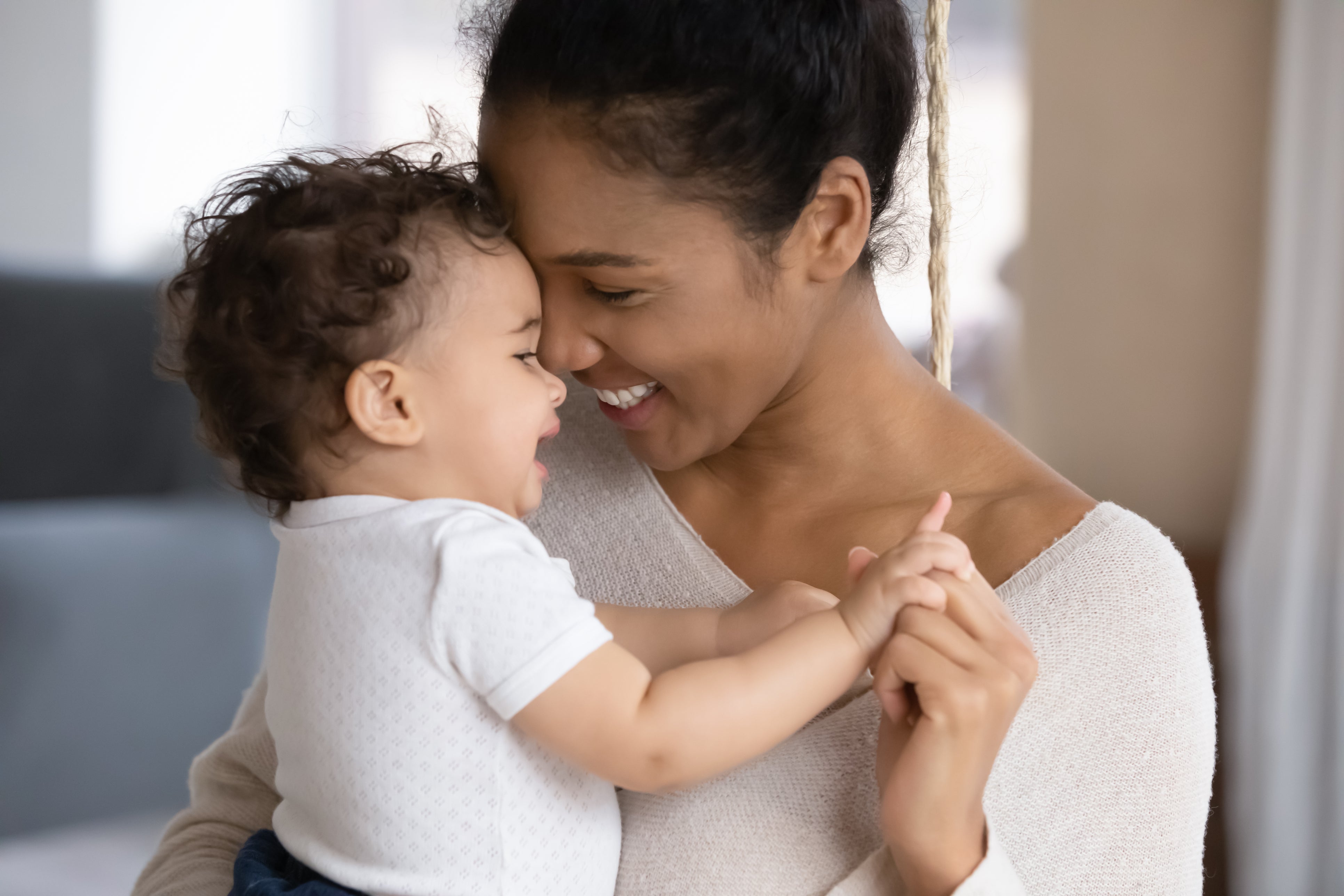Babies born in lockdown ‘slower to meet most milestones’
Study reveals ‘pandemic-era’ newborns struggle because of less stimulation and communication with unmasked adults

Babies born in lockdown were slower to meet developmental milestones, research has found.
A new study revealed lockdown babies struggle because of less stimulation and communication with unmasked adults.
Researchers compared a “pandemic cohort” of 309 infants born in Ireland between March and May 2020 against historical data on around 1,600 babies born between 2008 and 2011.
The “pandemic babies” were significantly less likely to have achieved three key social communication benchmarks by the time they turned one, based on parental observations.
These were pointing, speaking one definite and meaningful word and waving goodbye.
The researchers, from the Royal College of Surgeons Ireland and University College Cork, drew comparisons with previous evidence of developmental delays among infants who spent their early life in institutional care to explain why there may have been a “temporal relationship between the pandemic period and infant development”.
They added: “Stringent lockdown, used to control the Covid-19 pandemic, has led to babies and their families spending more time at home than babies from previous years.
“We recently demonstrated that families of babies in the CORAL [covid lockdown] cohort had a median of one social contact outside the home at birth, increasing to four when the babies reached six months of age.
“This may have impacted on parents’ experience of raising a child during the pandemic, as many parents noted that they were isolated.
“In addition, we found that social isolation restrictions lead to 25 per cent of infants not having met a child their own age by their first birthday, which will have led to a reduction in social peer interaction.
“Because of lockdown measures, it is likely that covid-19 era babies heard a narrower repertoire of language and saw fewer unmasked faces speaking to them.”
Researchers said it remained “unclear” what impact mask-wearing and limited contacts will have on these babies’ speech development longer term.
They added: “The development of language in babies is complex, with younger babies fixating on the eyes of carers during interactions while babies from six months of age tend to shift their gaze from the eyes to the mouth.”
The researchers suggested restrictions on geographical movement and social mixing during covid meant tots had less stimulation.
They added: “As babies spent most of the lockdown in their familiar home neighbourhood, they were less likely to encounter new items of interest which might prompt pointing.
“These findings may also be linked to one or both parents (due to home working) and siblings (out of school and day care) being in close proximity and anticipating babies‘ needs before the need for pointing arises.
“There was also a reduction in the babies‘ ability to wave bye-bye which is likely due to a reduction in number of opportunities where babies can learn to wave bye-bye due to reduced social contacts.
“However, it is worth noting that the overall relative risk reductions in this study are small and it is hoped that these infants will catch up with their pre-pandemic peers quickly once restrictions are lifted.”
The findings were published in the BMJ journal, Archives of Disease in Childhood.






Join our commenting forum
Join thought-provoking conversations, follow other Independent readers and see their replies
Comments